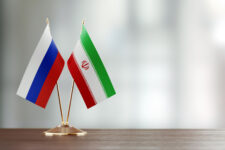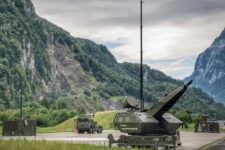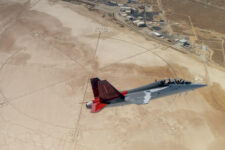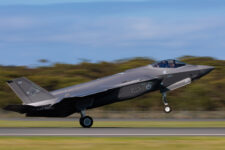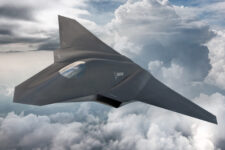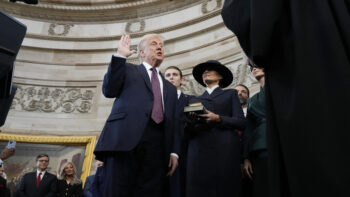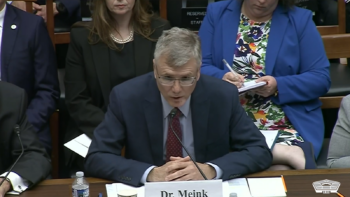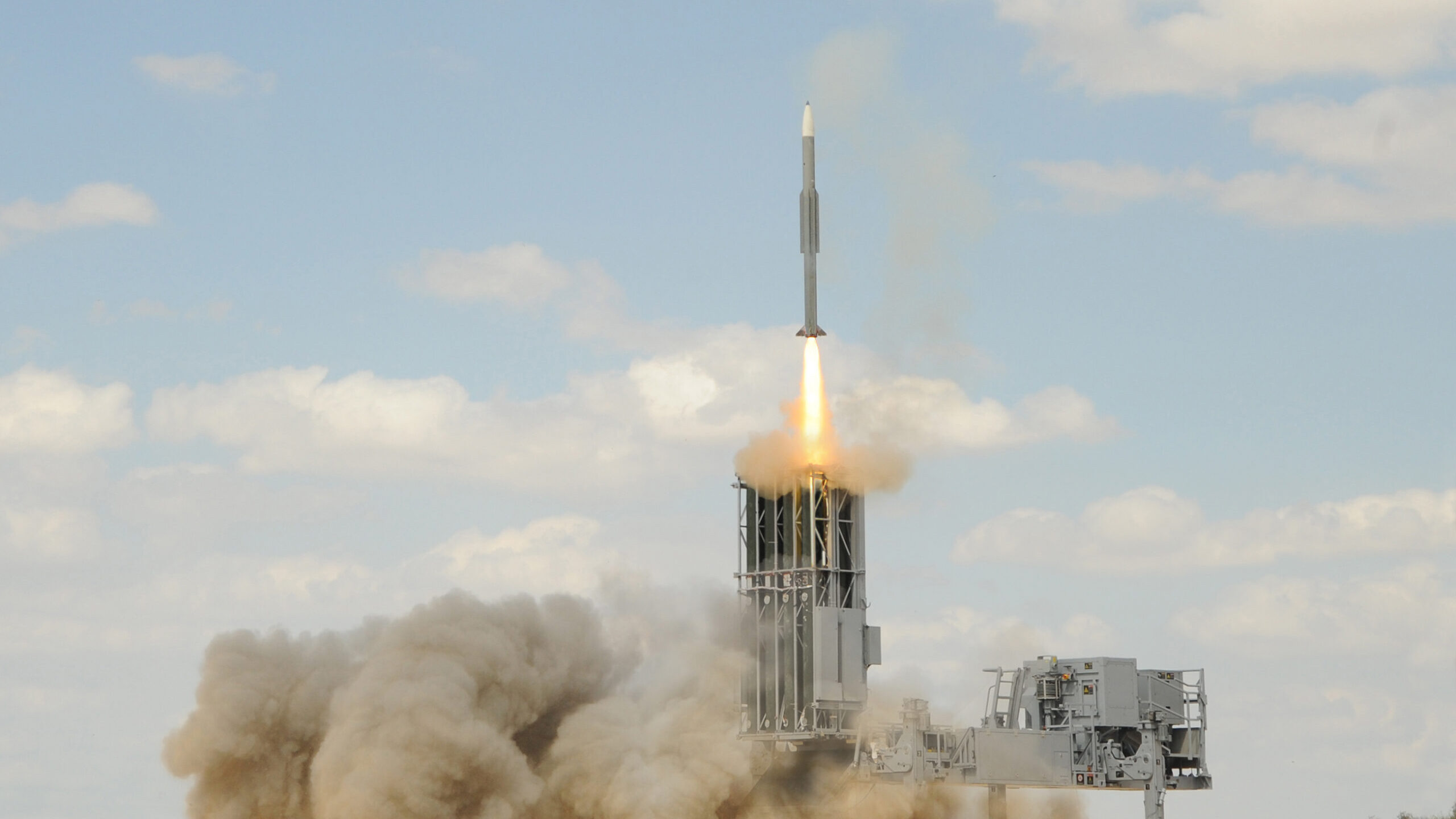
The launch of a Barack-8 interceptor. (IAI)
TEL AVIV — A version of the Israeli-made Barak air defense system has been deployed to the United Arab Emirates, defense sources here told Breaking Defense, the first of what they expect to be a substantial contract for more systems.
“This is going to be a very big contract, as the Emiratis need a large number [of systems] to protect some of their sensitive sites that have been hit again and again by missiles launched by the Houthi rebels in Yemen, the Iranian proxy in the region,” one of the sources said.
Breaking Defense first reported back in January that the Emiratis had quietly reached out to Jerusalem after a drone-and-missile attack purportedly by the Houthis hit sites in the UAE, including the international airport in Abu Dhabi, and killed some civilians. Last month, Reuters reported a defense deal had been struck but described a different Israeli air defense system.
It’s unclear precisely which version of the Barack has been deployed, as Israel Aerospace Industries makes a family of modern systems based on the original Barak-8. Originally designed and co-produced with India to be a ship-borne system, the Barak was modified and upgraded to work for land forces. IAI declined to comment for this report.
One potential version, the Barak-MX, was recently purchased by Morocco. According to IAI, the system is a kinetic defense system designed to defend against a range of aerial threats in day and night and all-weather conditions. The Barak-MX can be used with a handful of different interceptors with ranges from 35 kilometers (about 20 miles) to 150 kilometers (about 90 miles).
Since the signing of the Abraham Accords in 2020, which normalized relations between Israel, Bahrain, the UAE and Morocco, Israeli defense firms have been eagerly feeling out the new potential customers. Already more than $3 billion in new business has been done in the region.
RELATED: For Israel and new Arab partners, $3B in defense business is just the beginning
And though it wasn’t party to the accords, one of Israel’s historically biggest rivals in the region, Saudi Arabia, had also expressed interest in Israeli systems, though recently rising tensions between the Kingdom and the US over oil production have cooled Israel hopes there.
After inauguration, here’s who is running Trump’s Pentagon
Several hours after Trump was sworn in, the administration released a list of who will be serving as the acting heads of the Defense Department.



